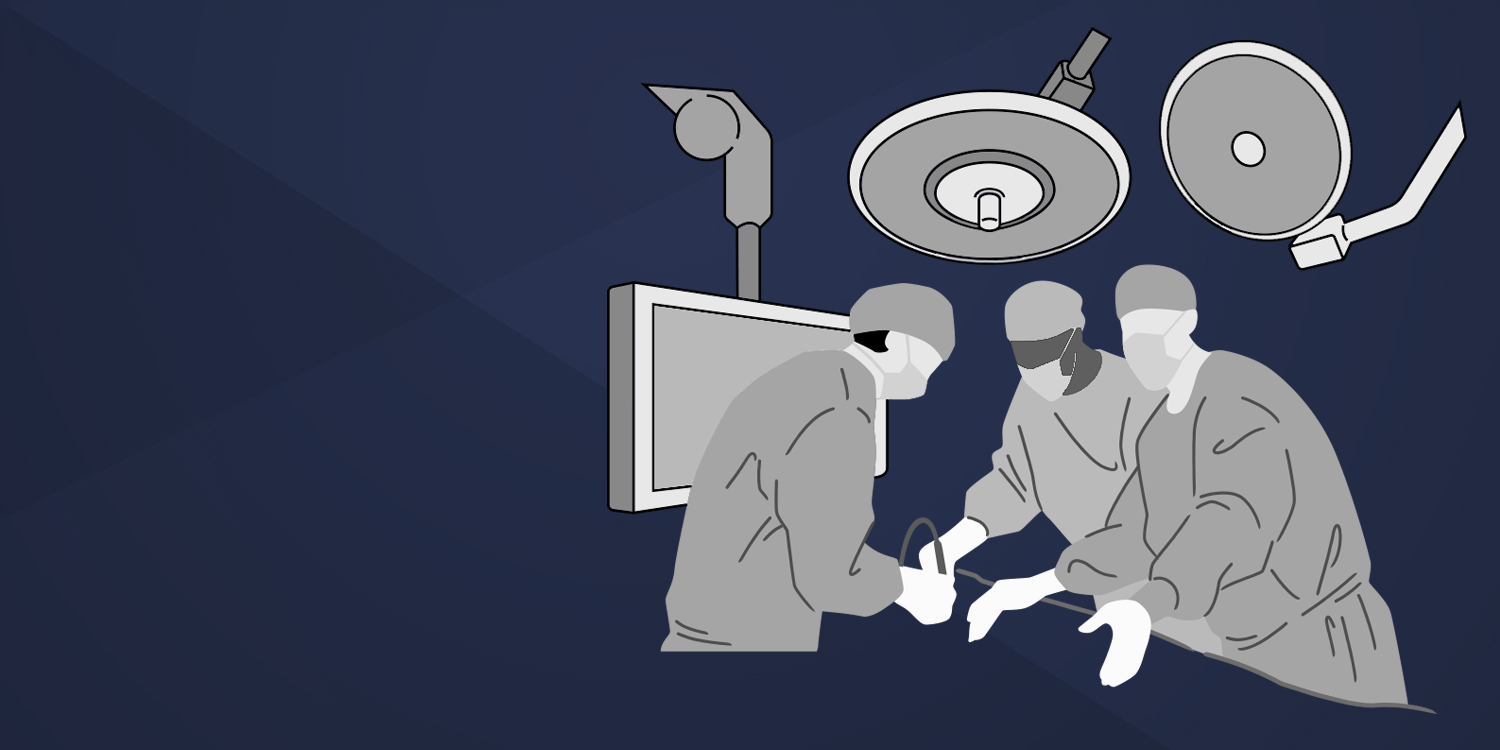
We recently led a session with surgery residents exploring anxiety in the operating room. One resident described consistent difficulties performing in front of a specific attending physician. He felt like he was watching himself perform as a passive observer – judging his every move and anticipating judgment from the attending. He was acutely aware of the problem but felt powerless to change it.
Slowly, other faculty and residents chimed in. For some, it was their first time voicing performance anxieties in front of colleagues and feeling validated. What once felt like shameful deficiencies seemed more like the universal growing pains of a demanding profession. A few months later, on a phone call, the first resident who spoke up shared that simply verbalizing his struggles and hearing similar stories freed his mind. His anxiety was nearly gone.
Performance anxiety is common whenever skill is required; outcomes matter, and other people will see or find out how well you do.
It’s often the social implications of performance that scare us most. Attempting to shoot a lay-up by yourself at your local gym? With no stakes or social pressure, anxiety is low. Now, imagine it’s halftime, and you have tickets to watch your favorite basketball team. You are chosen to shoot a sequence of shots, starting with a lay-up, to win a novelty-sized $25,000 check presented in front of a screaming crowd. Your skills haven’t changed, but now, you start to question yourself and consider the social implications of failure…
“If I miss this first shot, everyone will think I’m a joke.”
Corporate Learning Blog
View the latest stories from our community members and expert partners at the Harvard Medical School Corporate Learning blog.